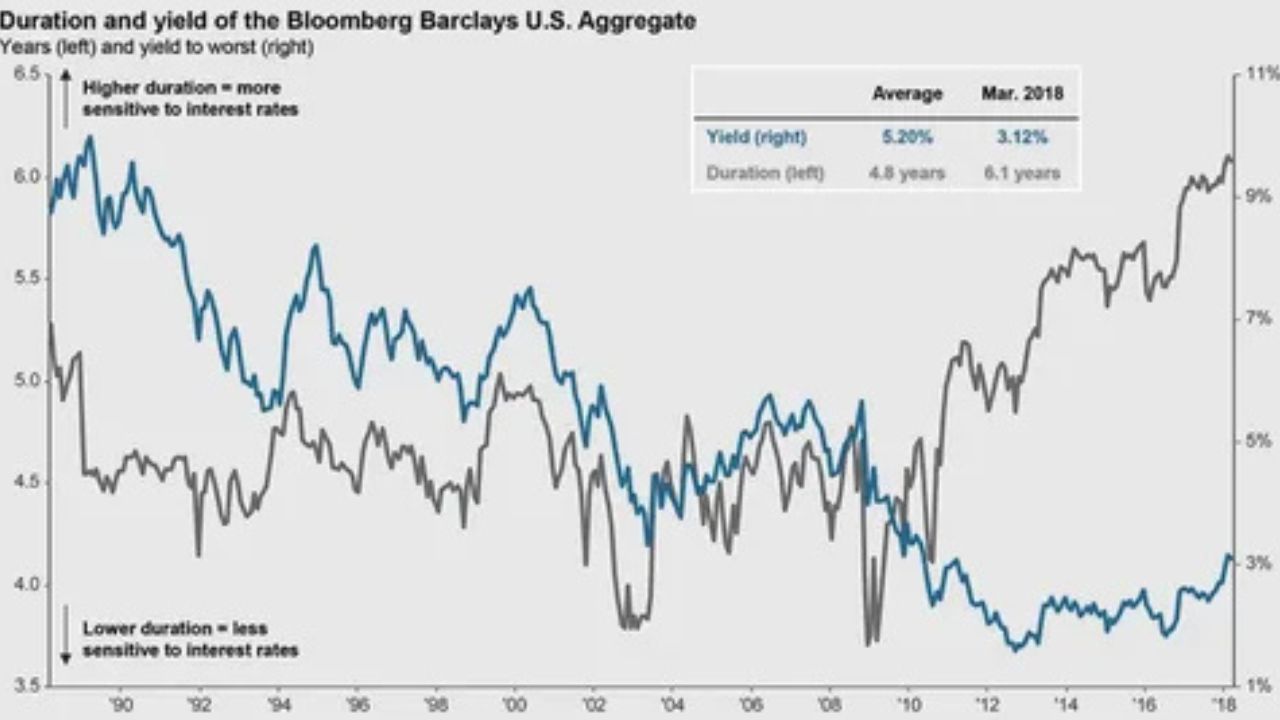Group health insurance is a collective policy for employers or organizations to cover medical expenses for employees or members. It offers comprehensive healthcare benefits including doctor visits, hospitalization, and prescription coverage, fostering employee well-being and financial security through shared risk and lower premiums.
What is Group Health Insurance?
Group health insurance could be health coverage given by managers to their representatives. It pools the chance among all individuals, resulting in lower premiums than personal health plans. This insurance ordinarily covers many restorative administrations, counting specialist visits, healing center remains, and medicine medicines.
Managers frequently offer it as a key advantage to pull in and hold the best ability, guaranteeing representatives have got to fundamental healthcare without critical monetary burdens.
Benefits of Group Health Insurance
Cost-Effective for Employees
Group health insurance is cost-effective for representatives due to the shared chance among a bigger bunch, which leads to lower premiums. Representatives benefit from decreased healthcare costs since the manager regularly covers a considerable portion of the premium.
Furthermore, bunch plans regularly give a more comprehensive scope at a lower price compared to personal plans, making fundamental healthcare administrations more open and reasonable for representatives and their families.
Comprehensive Coverage
Most group health plans offer broad coverage, counting specialist visits, healing center remains, and medicine drugs. Moreover, preventive care, mental health administrations, and maternity care are regularly included.
This comprehensive scope guarantees that representatives get the care they require without causing high out-of-pocket costs.
Tax Advantages
Group health insurance offers noteworthy assessment preferences for both bosses and representatives. Managers can deduct the fetched premiums from their assessable wage, diminishing their general assessed risk.
Representatives, moreover, benefit as their premium commitments are regularly made with pre-tax dollars, bringing down their assessable wage and expanding their take-home pay.
These charge benefits make group health insurance appealing and cost-effective for all parties. Additionally, businesses can spare on finance charges, advancing their money-related benefits.
How Group Health Insurance Works
Enrollment Process
Employees typically enroll during an indicated period known as open enrollment. During this time, they can select to connect the arrange, include dependents, or change their existing coverage. The exterior of open enrollment, changes can ordinarily as it was be made after a qualifying life occasion, such as marriage or the birth of a child.
Premium Payments
Premium group health insurance installments include commitments from the boss and representatives. Bosses regularly bear a considerable portion of the premium costs, whereas workers pay the remaining sum through finance derivations.
This cost-sharing arrangement makes healthcare more reasonable for workers. Customary premium installments guarantee persistent scope, giving peace of mind and budgetary assurance for workers and their families against unexpected therapeutic costs.
This collaborative approach benefits bosses and representatives by advancing a sound and fiscally secure workforce.
Network of Providers
An arrangement of suppliers in group health insurance alludes to a curated list of specialists, healing centers, and healthcare offices that have an understanding of the insurance company. These suppliers offer administrations at diminished rates to arrange individuals.
Representatives are empowered to look for care from inside this arrangement to play down out-of-pocket costs and guarantee comprehensive, facilitated care. Utilizing in-network suppliers makes a difference in in streamlining the charging preparation and improves the general healthcare involvement for workers.
Choosing the Right Group Health Insurance Plan
Assessing Employee Needs
Assessing employee needs includes gathering nitty-gritty experiences into the health priorities and inclinations of the workforce. Bosses can utilize studies, criticism shapes, and coordinate discussions to meet these needs.
This preparation makes a difference in recognizing common restorative conditions, favored healthcare administrations, and the sorts of coverage representatives esteem most.
By completely evaluating these needs, managers can select a bunch of well-being protections that maximize fulfillment and benefits for their group. This proactive approach guarantees the chosen arrangement adjusts to employees’ desires and advances general well-being.
Comparing Plan Options
When selecting a group health insurance orchestrate, bosses must through and through compare distinctive choices.
This incorporates surveying scope levels, premiums, deductibles, and the expansion of organizations promoted. It’s fundamental to consider the provider frameworks, ensuring that they join top-quality masters and clinics.
Counseling with a benefits advisor can donate beneficial encounters, making a distinction to choose an orchestrate that equalizations comprehensive benefits with cost-effectiveness, in the long run, gathering the distinctive needs of agents.
Communication and Education
Compelling communication and comprehensive instruction are significant when introducing group health insurance to workers. Bosses should provide clear, open information about the arrangement’s benefits and highlights.
Instructive assets, such as workshops, courses, and online instructional exercises, help workers maximize their scope. By guaranteeing that representatives are well-informed, managers can better utilize wellbeing benefits, driving to expanded fulfillment and wellbeing.
The Future of Group Health Insurance

Emerging Trends
Rising trends in group health insurance envelop imaginative approaches such as telemedicine integration, vigorous wellness activities, and extended mental well-being. Bosses progressively prioritize these headways to improve representative healthcare encounters and well-being. By grasping these patterns, companies can not, as it were, make strides healthcare get to and results but to cultivate a more strong and locked-in workforce.
Adapting to Changes
Managing and responding to progressing circumstances and designs in the industry is noteworthy for maintaining competitiveness and relevance. This proactive approach incorporates staying ahead of authoritative shifts, inventive headways, and changing client needs.
By determinedly evaluating and changing strategies and operations, businesses can suitably investigate vulnerabilities and capitalize on unused openings, ensuring improvement and adaptability in an enthusiastically publicized environment.
Employee Wellbeing
Worker wellbeing envelops the all-encompassing health and joy of workers inside an organization. It goes past physical health to incorporate mental and passionate wellness. Managers center on making a strong working environment culture that advances work-life adjust, stretch administration, and individual improvement.
Contributing to worker well-being boosts efficiency, decreases non-appearance, and improves by and large work fulfillment. By prioritizing well-being, organizations cultivate a positive environment where workers flourish professionally and by.
Conclusion
Group health insurance offers invaluable benefits for individuals, small businesses, and employees alike. It provides comprehensive coverage that includes medical expenses and preventive care, often extending to mental health services and maternity care.
Understanding the requirements and costs of group health insurance is crucial for employers and individuals. Businesses can tailor plans that meet their workforce’s needs by comparing providers and reviewing options while optimizing cost-effectiveness. Employee well-being is enhanced through access to quality healthcare, promoting a productive and satisfied workforce.
For more information on group health insurance, explore resources like the Group Health Insurance Quizlet and consult trusted providers for personalized advice and solutions.
FAQ
What is a group health insurance plan?
A group health insurance arrangement could be an arrangement a manager or organization gives to cover vital costs for its representatives. It pools dangers to lower costs and offers a comprehensive scope, counting administrations like specialist visits, healing center remains, and medicines, profiting bosses and representatives.
Is group health insurance worth it?
Group health insurance is beneficial for bosses and representatives. It provides monetary security, comprehensive scope, and assessment points of interest. Spreading costs over a group decreases people’s costs and guarantees access to fundamental restorative care, making it an important investment in healthcare benefits.
What is called group health insurance?
Group health insurance is an approach that covers a bunch of individuals, ordinarily representatives of a company or individuals of an organization. It offers restorative coverage, including hospitalization, specialist visits, and other healthcare administrations, usually at lower premiums due to collective chance sharing.
What is a healthcare group?
A healthcare bunch is an organized substance comprising healthcare suppliers such as specialists, masters, healing centers, and clinics. These bunches collaborate to provide comprehensive therapeutic administrations to patients in an indicated arrangement, guaranteeing facilitated care and possibly lowering costs through collective haggling control.
Why is Cobra more expensive than group insurance?
COBRA tends to be more costly than group protections since it expands its scope to people who have misplaced their job-based benefits, counting the employer’s commitment. Without the manager appropriation, people must bear the total cost of premiums, frequently driving to higher costs compared to group insurance rates.
What is a traditional group health plan?
Traditional group health arrangements could be an insurance approach managers advertise to their representatives and, some of the time, their dependents. It regularly provides comprehensive coverage for restorative costs, including specialist visits, clinic stays, medicine drugs, and other healthcare administrations, inside an organized organization of suppliers.






